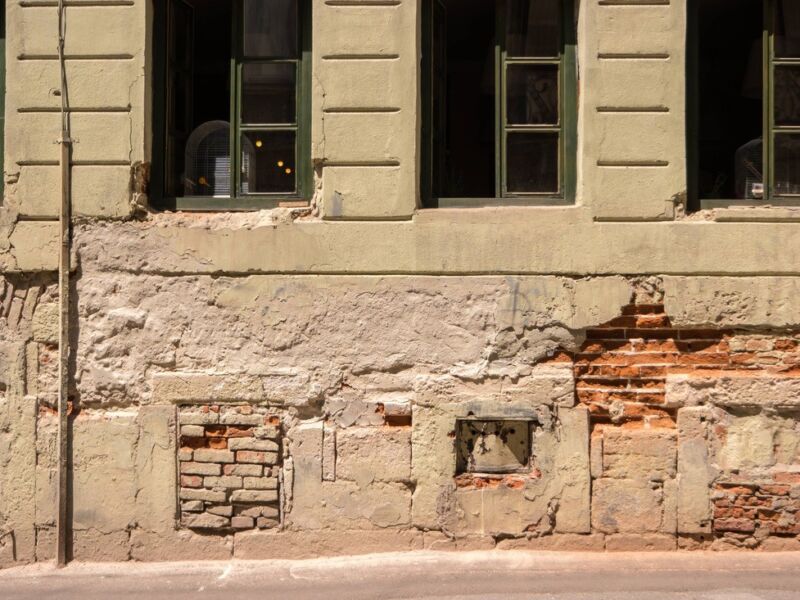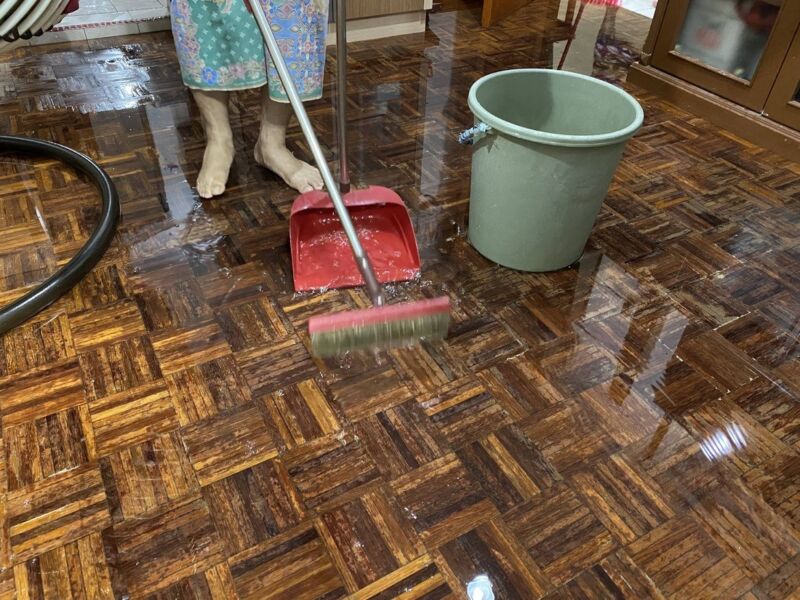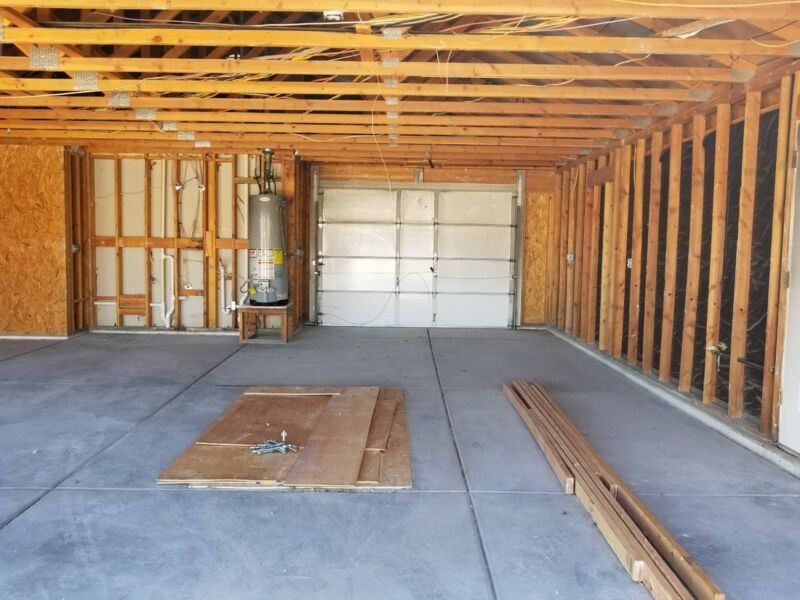
Causes of Water Damage in Commercial Properties
Water damage is a common issue faced by commercial property owners. Understanding the causes of water damage can help in preventing and addressing such incidents effectively. Here are some of the main causes of water damage in commercial properties:
1. Plumbing Issues
Plumbing problems, such as burst pipes, leaking fixtures, or faulty plumbing systems, can lead to water damage in commercial properties. These issues can result from aging infrastructure or poor maintenance.
2. Extreme Weather Conditions
Severe storms, heavy rains, hurricanes, or floods can cause water damage in commercial properties. Roof leaks, foundation cracks, or inadequate drainage systems can allow water to enter the property, leading to significant damage.

3. Roofing Problems
Roof leaks, missing shingles, or damaged flashing can allow water to penetrate the building, causing extensive water damage in commercial properties. Regular roof inspections and maintenance are crucial to prevent such issues.
4. HVAC System Malfunctions
Faulty heating, ventilation, and air conditioning (HVAC) systems can result in water damage. Condensation buildup, clogged drains, or leaking pipes within the HVAC system can lead to water accumulation and damage in commercial properties.
5. Appliance Failures
Leaking or malfunctioning appliances, such as water heaters, dishwashers, or washing machines, can cause water damage in commercial properties. Regular maintenance and inspection of appliances are important to prevent potential water damage incidents.
6. Fire Suppression System Malfunctions
Fire sprinkler system malfunctions can result in significant water damage in commercial properties. Accidental activation or faulty sprinkler heads can release large amounts of water, causing damage to property and assets.
Mitigation Strategies for Water Damage in Commercial Properties
Preventing and mitigating water damage in commercial properties is crucial for maintaining a safe and operational environment. Here are effective strategies to mitigate water damage incidents:

1. Regular Inspections and Maintenance
Schedule routine inspections of all plumbing systems, roofs, HVAC systems, and appliances to identify and address any issues before they escalate. Regular maintenance can help prevent potential water damage incidents.
2. Adequate Drainage Systems
Ensure that the property has proper drainage systems in place to effectively redirect water away from the building. Regularly inspect and clean gutters, downspouts, and drainage channels to prevent water buildup.
3. Prompt Repairs
Immediately address any plumbing problems, roof leaks, or malfunctioning appliances to prevent further water damage. Swift action can minimize the impact of water damage incidents.
4. Proper Fire Suppression System Maintenance
Regularly inspect and maintain fire sprinkler systems to prevent accidental activation or malfunctions that can lead to water damage. Ensure proper installation and timely repairs when needed.
5. Disaster Preparation
Create a comprehensive disaster preparedness plan that includes protocols for severe weather events, flooding, or other water-related emergencies. Train employees on evacuation procedures and establish emergency contacts.
6. Commercial Property Insurance
Obtain comprehensive commercial property insurance that includes coverage for water damage. Familiarize yourself with the terms and conditions of your policy to ensure you have adequate protection in case of water damage incidents.
7. Professional Water Damage Restoration Services
In the event of water damage, engage professional water damage restoration services. These experts have the knowledge, equipment, and experience to mitigate the damage, remove excess water, and restore the property to its pre-damage condition.
Commercial Property Damage Insurance Claim Process
In the unfortunate event of water damage occurring in a commercial property, it’s important to understand the insurance claim process. Here are the key steps involved:
1. Document the Damage
Take photographs or videos of the water-damaged areas to provide evidence to support your claim. Make a detailed inventory of damaged items, including their value and any repair or replacement estimates.
2. Contact Your Insurance Provider
Notify your commercial property insurance provider as soon as possible to report the water damage. Provide them with the necessary documentation and information surrounding the incident.
3. Work with an Insurance Adjuster
An insurance adjuster will assess the damage and determine the coverage applicable to your claim. Cooperate fully with the adjuster and provide any requested information or additional evidence they may require.
4. Review Your Policy
Thoroughly review your insurance policy to understand the coverage limits, deductibles, and any exclusions that may apply. This will help you understand the amount of compensation you may receive for the water damage.
5. File the Insurance Claim
Complete and submit the necessary claim forms and supporting documents to your insurance provider. Make sure to meet any specified deadlines for filing the claim to avoid any potential complications.
6. Follow Up on the Claim
Keep track of the progress of your claim and follow up with your insurance provider if there are any delays or concerns. Maintain open communication to ensure a smooth claims process.
FAQs
What does commercial property insurance cover?
How can I prevent water damage in my commercial property?
Water damage in commercial properties can be a costly and disruptive issue. By understanding the causes of water damage and implementing effective mitigation strategies, commercial property owners can minimize the impact of such incidents and protect their assets.
For professional water damage restoration services in Deerfield Beach, Florida, contact JGW Group Water Damage Restoration Deerfield Beach at 754-294-5721.



